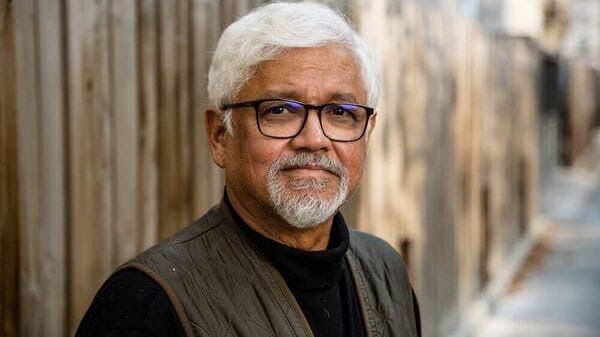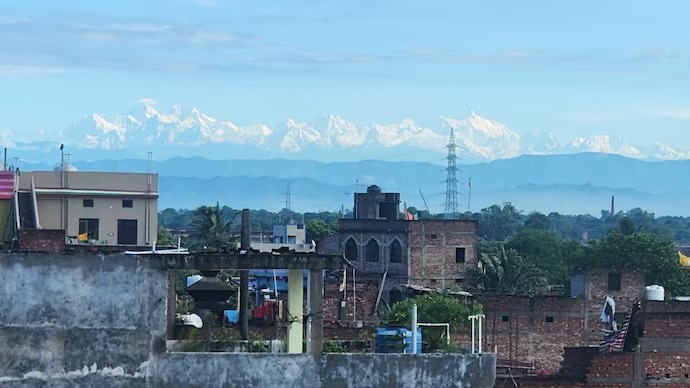Indian author Amitav Ghosh emerged as a top contender for the 2025 Nobel Prize in Literature, raising hopes of ending India’s 112-year wait since Rabindranath Tagore’s win in 1913. Known for his historical fiction and environmental themes, Ghosh’s nomination reflects global recognition of his powerful storytelling and cultural insight.
Amitav Ghosh Could Make History as Second Indian Nobel Laureate in Literature
As the Swedish Academy prepared to announce the 2025 Nobel Prize in Literature, anticipation surged across India and the global literary community. Among the frontrunners was acclaimed Indian novelist Amitav Ghosh, whose nomination sparked excitement over the possibility of him becoming the second Indian to win the prestigious award after Rabindranath Tagore in 1913.
Key Highlights from the Nobel Buzz:
Global Recognition: Ghosh’s nomination was widely reported by outlets like Outlook India, Zee News, and DNA India, positioning him alongside literary giants such as Salman Rushdie, Haruki Murakami, and Margaret Atwood.
Literary Legacy: Ghosh’s body of work includes The Shadow Lines, The Glass Palace, The Hungry Tide, and Gun Island. His writing blends historical fiction, colonial critique, and climate change narratives, earning him accolades like the Jnanpith Award and the Erasmus Prize.
Themes That Resonate: His novels explore the Opium Wars, migration, and environmental degradation, making his work especially relevant to today’s global crises. The Nobel committee reportedly showed interest in authors addressing climate change and cultural memory.
Literary Community’s Support: Bookmakers and critics listed Ghosh among the favorites, with NicerOdds and Ladbrokes highlighting his chances. His nomination was seen as a celebration of South Asian literature and its global impact.
Historical Context: If selected, Ghosh would break a century-long gap since Tagore’s win for Gitanjali, reaffirming India’s place in the global literary canon.
Final Outcome: Ultimately, the 2025 Nobel Prize in Literature was awarded to Hungarian writer László Krasznahorkai for his “visionary work that reaffirms the power of art in the midst of apocalyptic terror”.
While Ghosh did not win this year, his nomination marks a significant moment for Indian literature and sets the stage for future recognition.
Sources: Outlook India, Zee News, DNA India



